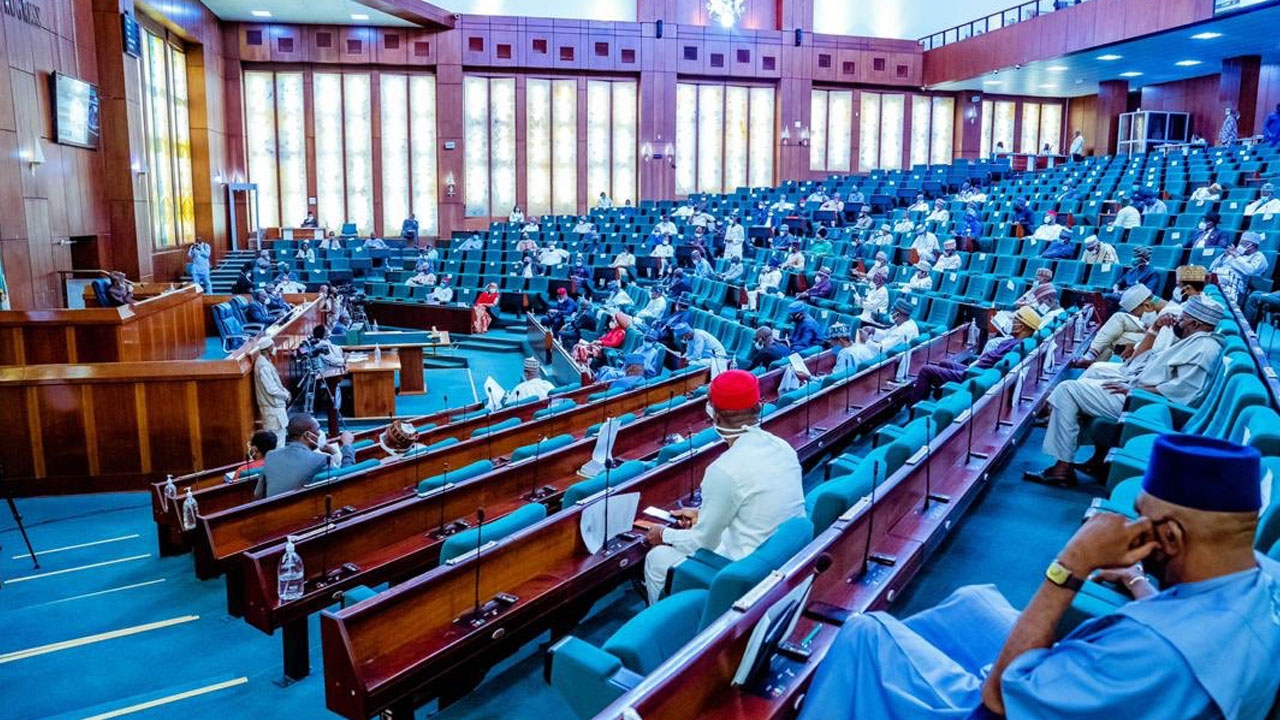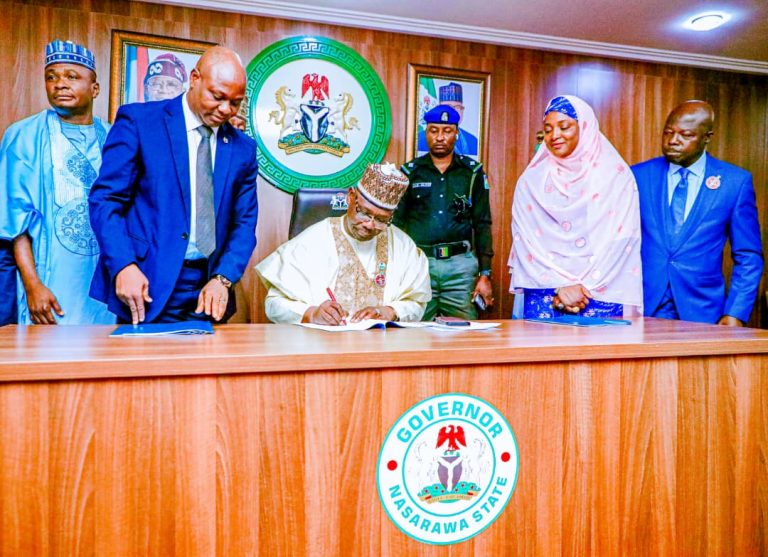
The Speaker of the House of Representatives, Abbas Tajudeen, has reaffirmed the House’s full support for President Bola Tinubu’s borrowing strategy, stating that such was essential for financing critical infrastructure and stimulating economic growth.
Speaking at the 8th Annual African Network of Parliamentary Budget Offices (AN-PBO) Conference on Monday, Abbas addressed recent controversies, clarifying that the House’s stance on government borrowing was misrepresented.
He emphasised that the legislative body remains committed to responsible borrowing that serves the nation’s developmental priorities.
The event, hosted by the Nigerian National Assembly and the National Assembly Budget and Research Office (NABRO), focused on “The Role of PBOs in African Parliaments’ Fiscal Oversights: Contribution to the African 2063 Development Agenda.”
Abbas referred to earlier statements he made at the 11th Annual Conference and General Assembly of the West Africa Association of Public Accounts Committees (WAAPAC), where he had expressed concern over Nigeria’s debt-to-GDP ratio climbing to 52 percent, surpassing the 40 percent statutory threshold.
“The speech, delivered by House Leader Professor Julius Ihonvbere, also urged West African parliaments to enhance oversight on borrowing practices to protect their nations’ futures”
However, Abbas clarified yesterday, that his comments were misinterpreted, stating that the House has consistently backed prudent and targeted borrowing.
He explained that in today’s economic climate, borrowing was not only necessary but strategic, allowing Nigeria to invest in critical sectors, boost economic activity, and support vulnerable communities.
He assured that all borrowing under President Tinubu’s leadership were structured to be transparent, sustainable, and aligned with Nigeria’s medium-term debt strategy, in line with international best practices.
He condemned the media for what he described as a “horrendous and mischievous” misrepresentation of his earlier remarks, which he said wrongly painted the picture that the House was against Tinubu’s borrowing plans.
Abbas reiterated that under the current administration, loans are being channeled into transformative projects that expand the country’s revenue-generating capabilities, particularly in power, agriculture, and transportation rather than being used for recurrent spending.
According to him, the House stands firmly behind the President’s vision of using targeted borrowing as a tool for economic growth and poverty alleviation while ensuring strong legislative oversight.
Highlighting financial losses, Abbas revealed that Nigeria loses around $18 billion annually to financial crimes, about 3.8 percent of its GDP underscoring the need for enhanced fiscal oversight by parliament.
He noted that across Africa, the losses are even more staggering with the continent hemorrhaging over $587 billion each year due to corruption, illicit financial flows, and inefficiencies.
He described Africa as being at a pivotal moment in its history with a population of approximately 1.4 billion, representing one-sixth of humanity.
“Nigeria, as the most populous nation on the continent with over 200 million people and a GDP of roughly $477 billion in 2022, carries a significant responsibility in shaping the continent’s future,” he added.
Abbas spoke of the immense potential within Africa, its youthful population, and abundant resources while pointing to the continent’s shared ambitions under the African Union’s Agenda 2063.
Despite a modest economic recovery in sub-Saharan Africa, with the World Bank forecasting growth from 3.3% in 2024 to 3.5% in 2025, he said these figures are not enough to meet the region’s development needs. He cited the fact that an estimated 464 million Africans continue to live in extreme poverty.
He further stressed that unemployment and underemployment remain critical issues, particularly among youth. Each year, 12 million young Africans enter the labor market, but only about 3 million formal jobs are created.
Also speaking at the conference, Chairperson of the African Network of Parliamentary Budget Offices (AN-PBO), Prof. Dumisani Jantjies, warned that African economies are still highly vulnerable to external pressures, including erratic capital flows, trade disruptions, and the effects of climate change.
He pointed to the emerging role of Parliamentary Budget Offices in enhancing fiscal transparency, improving policy accountability, and aligning national decisions with long-term development goals.
Juliet Akoje



